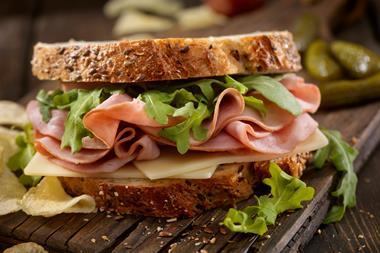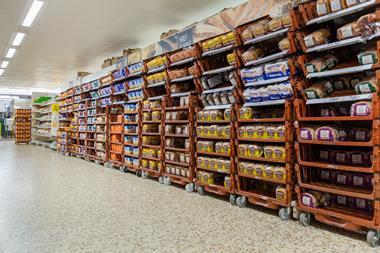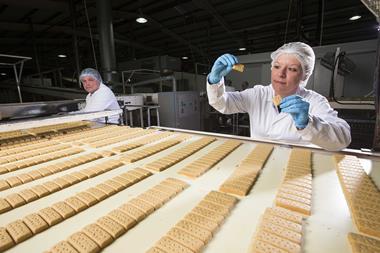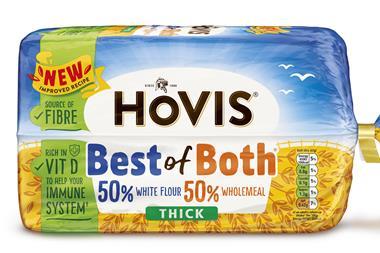The Federation of Bakers (FOB) has slammed a report claiming two thirds of bread contains pesticides.
The study found that 63% of loaves contained pesticide residue, a number that has more than doubled in the last 12 years.
The report, written by Pesticide Action Network UK (PAN), stated: ’’Given the situation, it seems like common sense to avoid or at least limit consumption where possible.
’’At the very least, we believe consumers should have the right to make informed choices about their food.’’
However, the Federation of Bakers (FOB) accused the report of “scaremongering”. The industry body was keen to reassure consumers that any pesticides on cereals used by UK bakers were approved, regulated and legal, and said the claims were not made on a scientific basis.
A spokesman at the FOB said: ’’The interpretation of the report by Pan UK is simply scaremongering consumers into thinking bread is not a healthy food choice. The fact that they are a group whose primary objective is to promote organic products means that they have a vested interest in the messages they are putting across.”
The report used information from the Defra Expert Committee on Pesticide Residues in Food (PRiF), which tested 2,951 bread samples
The spokesman continued: “The official Defra expert report, on which the Pan UK report is based, concludes quite clearly that there are no negative impacts on health from any of the residues detected on bread. It is also crucial to acknowledge that all the levels of residue found on bread are considerably lower than the maximum residue limit (MRL), which is an internationally agreed level.
’’Unlike the Defra expert group, [PAN] are not an independent or scientific voice and have given consumers incorrect and misleading advice.’’
Gordon Polson, director of the FOB, told British Baker: “The reason why there is a perceived increase in the amount of pesticides is because they can now detect the amount of chemicals to a lower level. And if you look at the level, they are minimal. They are way below the maximum allowance. There is absolutely no reason for anybody not to be eating bread.”
PAN said it was concerned that there could be a negative impact on people who are consuming low levels of chemicals on a regular basis, but said the way crops are farmed is to blame for the pesticide presence.
Nick Mole, PAN policy officer, said: “We need to change the way farming is happening. We’re not having a go at the bakers, it’s the way their ingredients are being grown. It is something that people should be aware of. They have a right to know about it. As to whether the pesticides are harmful, to be honest nobody really knows. We don’t know there is a safe level.



































No comments yet